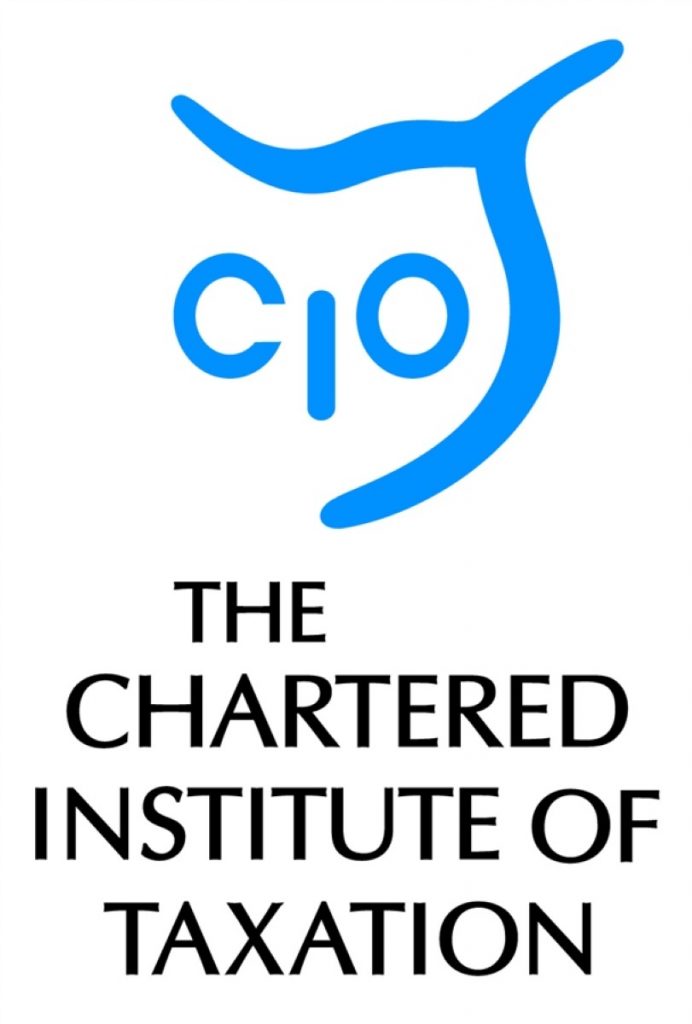CIOT: Clock is ticking for tax credits renewals
The Low Incomes Tax Reform Group (LITRG) is urging anybody who has received renewal forms from HMRC and who has not yet completed and returned them to do so by July 31st or risk having their payments stopped.
Now that the 2012/13 tax year has ended, HMRC need to know your actual 2012/13 income so that they can confirm whether they paid you the right amount during 2012/13, and use up-to-date income details to confirm your initial payments in 2013/14.
LITRG’s Chairman, Anthony Thomas, said:
“It is crucial that claims are renewed by HMRC’s deadline; failure to do so can result in payments being stopped and you could be asked to repay all of the tax credits paid since the start of the tax year (April 6th). This would be very worrying for many claimants. If you miss the deadline, you might be able to plead good cause in exceptional circumstances – but the only safe course is to renew on time.
“Once you have renewed, your claim to tax credits for the current year 2013/14 is confirmed and your entitlement will be backdated to 6 April 2013.
“Claimants should have received the 603R form (and in most cases, a 603D form) with accompanying guidance notes. These notes should be read through carefully as they explain what counts as income for tax credits and what deductions are allowable from income. Claimants with both forms need to contact HMRC by 31 July 2013 to confirm their income and circumstances for the 2012/13 tax year.
“Some people will receive only one form – the 603R. These are auto-renewal cases, meaning you only need contact HMRC if your circumstances have changed (working hours, childcare costs etc.); the following groups are likely to be auto-renewal cases:
- Those receiving the full family element of child tax credit only
- Those who received income support, income based jobseeker’s allowance, income related employment and support allowance or pensions credit for the full year
- Those who have a nil award
“Even if you do not want to continue to get tax credits in 2013/14 or if you are no longer entitled to payments, you must still engage in the renewals process, so that your 2012/13 award can be finalised.
“If you cannot yet give an accurate figure for your previous year (2012/13) income, you have to send HMRC an estimate by 31 July at the latest. You will then have until 31 January 2014 either to confirm the estimate, or to give actual figures. This option can be useful to self-employed people who have not yet finalised their accounts or other people who have to fill in self-assessment forms for income tax.”
ENDS
Contact: James Knell on 020 7340 2702 (jknell@tax.org.uk) or George Crozier on 020 7340 0569/07740 477374 (gcrozier@tax.org.uk)
Notes to editors
- Further guidance is available from HMRC’s tax credits helpline on 0345 300 3900 or you can use the textphone service on 0345 300 3909.
- Online help from HMRC’s website can be reached at: http://www.hmrc.gov.uk/taxcredits/keep-up-to-date/renew-claim/index.htm
- There is also more information on the renewals process on the website of the Low Incomes Tax Reform Group at http://www.litrg.org.uk/News/2013/TC_renewals_13.
- The Low Incomes Tax Reform Group (LITRG) is an initiative of the Chartered Institute of Taxation (CIOT) to give a voice to the unrepresented. Since 1998 LITRG has been working to improve the policy and processes of the tax, tax credits and associated welfare systems for the benefit of those on low incomes.
- The Chartered Institute of Taxation (CIOT) is the leading professional body in the United Kingdom concerned solely with taxation. The CIOT is an educational charity, promoting education and study of the administration and practice of taxation. One of our key aims is to work for a better, more efficient, tax system for all affected by it – taxpayers, their advisers and the authorities. The CIOT’s work covers all aspects of taxation, including direct and indirect taxes and duties. Through our Low Incomes Tax Reform Group (LITRG), the CIOT has a particular focus on improving the tax system, including tax credits and benefits, for the unrepresented taxpayer.
The CIOT draws on our members’ experience in private practice, commerce and industry, government and academia to improve tax administration and propose and explain how tax policy objectives can most effectively be achieved. We also link to, and draw on, similar leading professional tax bodies in other countries. The CIOT’s comments and recommendations on tax issues are made in line with our charitable objectives: we are politically neutral in our work.
The CIOT’s 16,800 members have the practising title of ‘Chartered Tax Adviser’ and the designatory letters ‘CTA’, to represent the leading tax qualification.





-01.png)